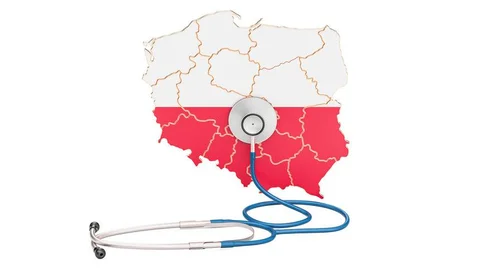According to a survey conducted among the Federation's member organizations, the Zielona Góra Agreement - the largest industry entity of this type, the number of clinics willing to enter the project under the current conditions is not even 10%. This means that 90% of all clinics are unable to provide their patients with coordinated care.
For family medicine specialists, coordinated care is an opportunity for better, more comprehensive patient care. Doctors will be able to plan treatment, perform the necessary diagnostic tests and agree on further treatment with other specialists. Coordinators will help the patient with his care plan, but ...
- It won't happen overnight. U...
Content locked
To gain access to the complete English section of the Medexpress.pl, kindly reach out to us at [email protected].


















